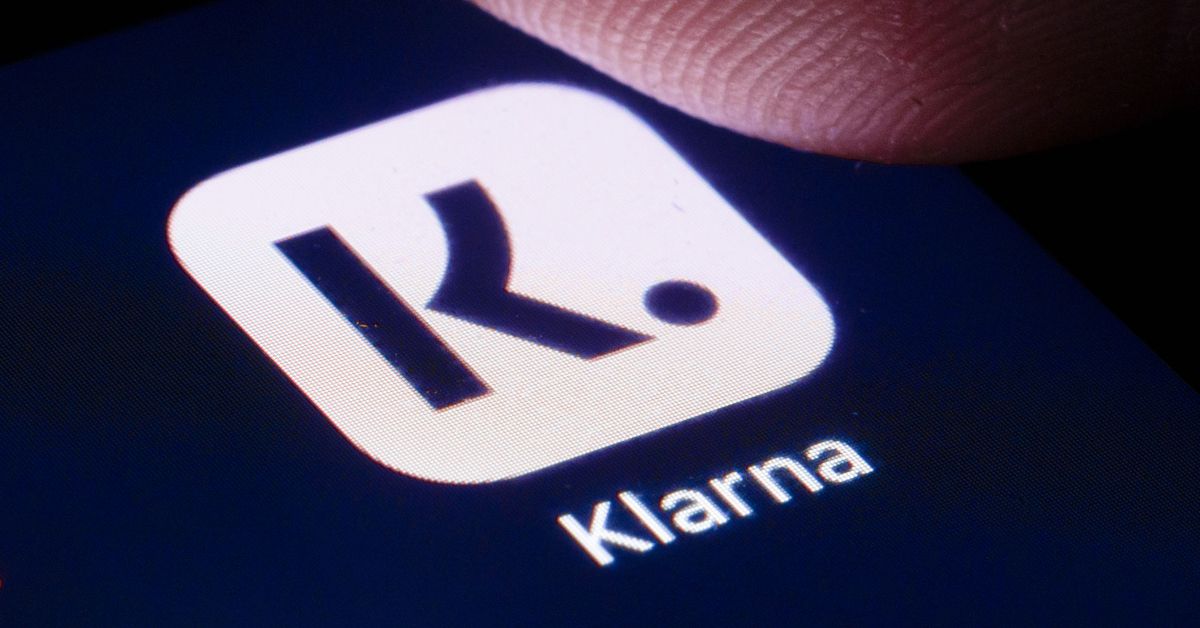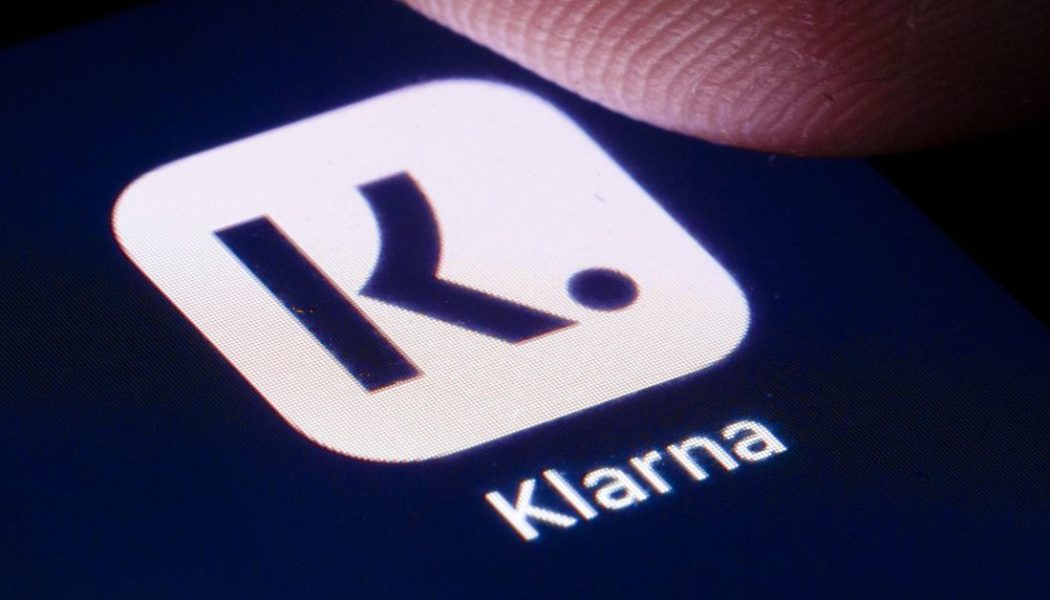
Klarna, the Swedish “buy now, pay later” service (BNPL), announced that it’s laying off 10 percent of its global workforce in a prerecorded video message, according to reports from Protocol and TechCrunch. The company currently has about 7,000 employees, and a 10 percent cutback puts the number of affected workers somewhere around 700.
BNPL services like Klarna, Affirm, and Afterpay allows users to purchase a product for nothing or a small fraction of its full price. Customers can then make incremental payments over a set period of time but will face a typically interest-free fee for any late payments. BNPL businesses soared at the height of the pandemic when many people were strapped for cash and had nothing else better to do than shop online.
Klarna CEO Sebastian Siemiatkowski delivered the news to employees in a prerecorded video message, citing “the war in Ukraine unfold, a shift in consumer sentiment, a steep increase in inflation, a highly volatile stock market and a likely recession” as the reasons behind the layoffs. Siemiatkowski explained that workers in Europe will receive an “associated compensation” but added that the severance process for employees in the US will “look different” depending on location.
Last week, The Wall Street Journal reported that Klarna is looking to raise a new round of funding that would value the company at $30 billion, about one-third less than the $46 billion it was valued at nearly one year ago. Rival BNPL service Affirm has also seen a similar dip, with its share price sinking 75 percent this year.
Although BNPL usage increased toward the end of last year, the unreliability of its customers in such a volatile economy is likely part of the reason why BNPL services are struggling. A recent report from Sfgate reveals that around 73 percent of its customers are considered part of Gen Z (people born between 1997 and 2012), and about 43 percent of them report missing at least one payment. Meanwhile, a report from Fox Business indicates that about 30 percent of BNPL customers as a whole struggle to pay back what they owe, and the current state of inflation doesn’t help. BNPL services can’t make money if they don’t get paid back, and that’s what could make it a risky business to run.
Despite the decreased valuation and layoffs, Siemiatkowski told employees that “Klarna continues to hold a strong position in the market” and says he’s still “relentlessly optimistic about Klarnas’s future.” Other tech companies, including Meta, Apple, and Snapchat, are slowing down hiring, while Netflix has already laid off over 150 workers.









